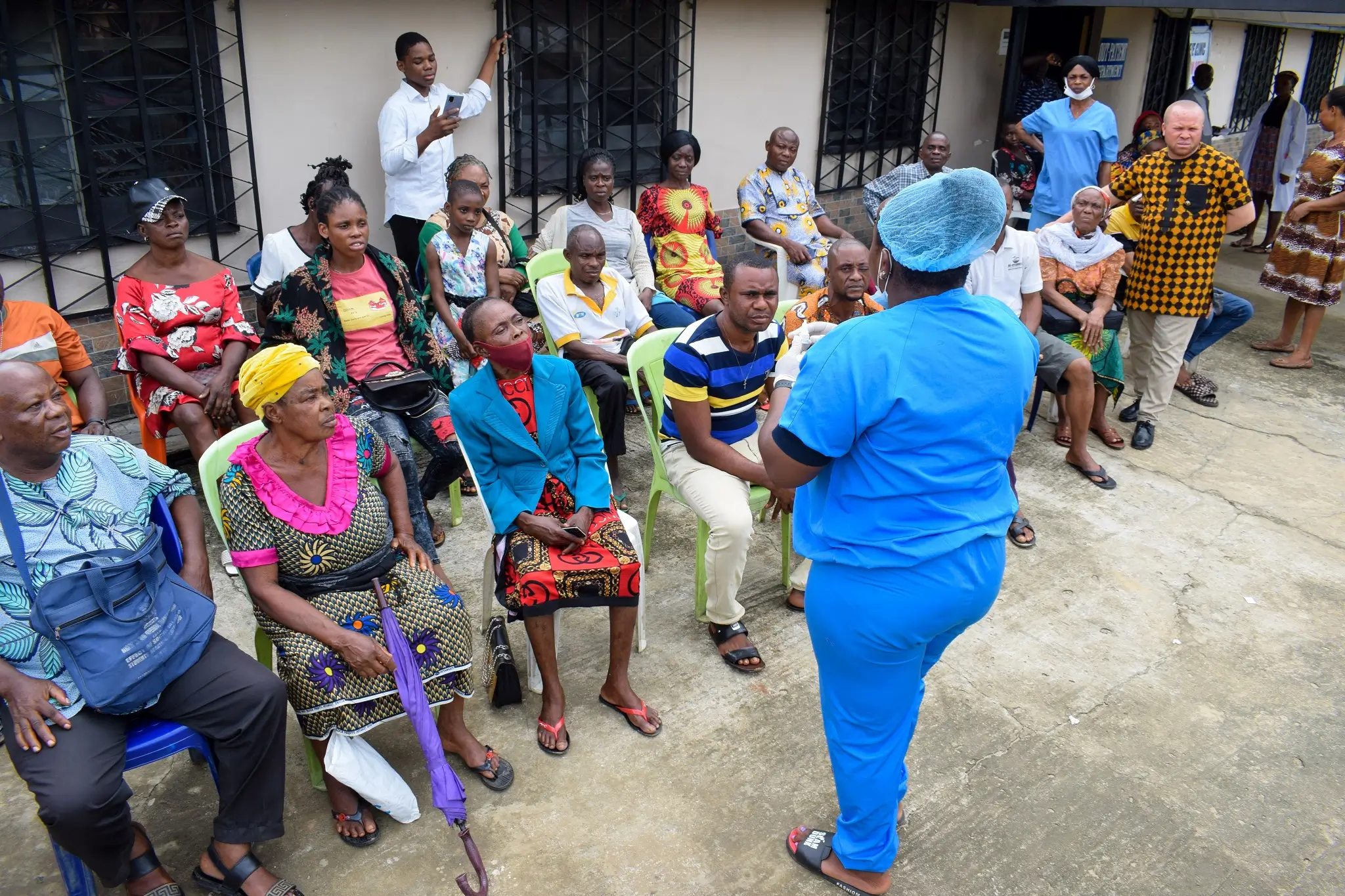Society for Awareness of Neglected Diseases© (SAND) is Committed to the Battle Against Overlooked Tropical Diseases
Society for Awareness of Neglected Diseases (SAND) is a student-led 501(c)(3) nonprofit organization with a mission to raise awareness of neglected topical diseases (NTDs) among aspiring healthcare professionals so that they may become more effective advocates for high quality health care delivery, research, collaboration and funding for NTDs upon completion of their education. SAND also provides secondary and postsecondary students enrolled in the health sciences with the opportunity to generate global awareness and critical debate in Neglected Tropical Diseases.
NTDs are a diverse group of tropical infections common in low-income populations in subtropical and tropical regions of Africa, Asia , and the Americas. They are caused by a variety of pathogens including viruses, bacteria, protozoa and helminths (parasitic worms). Twenty neglected tropical diseases are prioritized by the World Health Organization (WHO) affecting approximately 1.6 billion people.
These diseases are called “neglected” because they have historically ranked very low on the global health agenda, receiving little attention and funding. The importance of NTDs has been underestimated since many are asymptomatic and have long incubation periods. In view of this latency, the association between morbidity or death and an NTD is often not realized. There are other reasons these diseases have been overlooked: (i) they primarily affect the poorest countries of the developing world; (ii) areas of high endemicity are often geographically isolated, making treatment and prevention much more difficult; (iii) public health efforts have focused heavily on other diseases with higher mortality rates and greater public awareness; and (iv) neglected tropical diseases lack a prominent cultural figure to champion their elimination.

NTDs cost developing communities the equivalent of billions of dollars every year in direct health costs, lost productivity and reduced socioeconomic and educational attainment. They are also responsible for chronic morbidity, disability, stigmatization, social exclusion, discrimination and bias, and place considerable financial strains on patients, their families, the local community and nation states.
Importantly, NTDs can be prevented, controlled and eliminated. As of December 2024, according to the WHO, 54 countries have succeeded in eliminating at least one NTD, more than halfway towards reaching WHO’s goal of 100 countries having eliminated at least one NTD by 2030. Several countries have eliminated 2, 3 or 4 NTDs. Globally, 75 elimination processes have been successfully completed and acknowledged by WHO. In 2024 alone, 7 countries eliminated an NTD. In 2023 alone, over 860 million people received treatment for NTDs through mass drug administration (MDA) or individual disease management. However, while drug treatments are available for many NTDs, often they fail to reach those who need them most.
Interventions against NTDs are supported by one of the largest medicine donation programs globally: currently, 20 different types of medicines are donated by 12 pharmaceutical companies to support NTD interventions. Between 2011 and 2024, almost 30 billion tablets and vials have been delivered to countries; 1.8 billion were donated and delivered for treatments carried out in 2024 alone.
Unfortunately, during COVID-19, NTD programs were deprioritized, resulting in massive disruptions to treatment and care. In 2020, WHO published the NTD road map for 2021–2030, setting out a comprehensive blueprint to ensure that NTDs are controlled, eliminated or eradicated by 2030. However, as a result of reduced investment, those targets risk not being achieved.
Among the challenges hampering NTD programs on a global scale include a changing funding landscape; irregular country ownership; dwindling capacities and expertise; uneven progress across NTDs and countries; difficulties in generating and collecting data; gaps in knowledge, medicines, diagnostics, operational tools and processes, in addition to migrations and conflicts. WHO is addressing the foregoing challenges through a series of initiatives which include estimating the cost of interventions required to achieve the 2030 targets. January 30, 2025 was designated World Neglected Tropical Diseases Day (WNTDD) by WHO, who called upon everybody, including leaders and communities to Unite, to Act, and to Eliminate neglected tropical diseases.
Source: Adapted primarily from (i) Neglected Tropical Diseases, World Health Organization website, Accessed 7 March 2025 at https://tinyurl.com/bdz4cvsr; (ii) World Neglected Tropical Diseases Day 2025, World Health Organization website, Accessed 9 March 2025 at https://www.who.int/campaigns/world-ntd-day/2025; (iii) Neglected Tropical Diseases, World Health Organization website, Accessed 7 March 2025 at https://tinyurl.com/4dfbrzzb; and (iv) Neglected Tropical Diseases, Wikipedia, The Free Encyclopedia, 2 March 2025, , Accessed 7 March 2025 at https://tinyurl.com/43pf3zj2.

